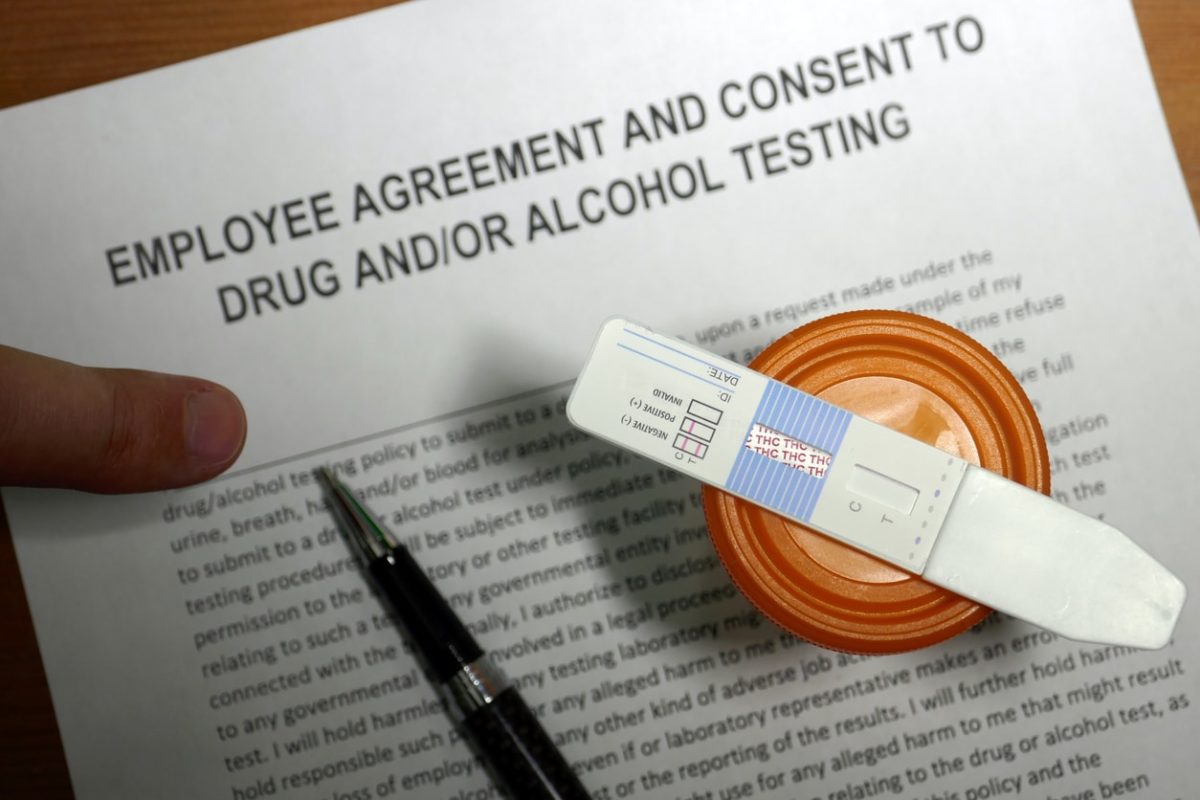
Workplace drug testing policies are becoming more complex. The legalization of medical and recreational marijuana, along with widespread opioid abuse, is creating a minefield for employers. Yet conscientious employers can’t avoid workplace drug testing, especially when heavy equipment, vehicles, or other safety equipment is involved. How can you develop a safe workplace drug testing policy in 2019?
Complications Regarding Medical and Recreational Marijuana
Marijuana can stay in an individual’s system weeks or even months after use. When driving or using equipment such as forklifts, many employers maintain a zero-tolerance policy for marijuana for this reason. Even if it’s recreationally legal, it can be difficult to say for certain whether someone was operating a machine under the influence, or if they had used some months prior.
However, it’s becoming more common that businesses do need to make provisions for those with medical marijuana cards. If an individual’s job can realistically be done by someone with a medical marijuana card, it can be considered discriminatory not to allow them to do so.
Testing for Opioid Abuse in the Workplace
Opioid abuse has become an epidemic. Quite often, it begins with a legitimate prescription or an attempt at medical pain management. It’s important to note that having a long-term history of opioid abuse is a disability.
Employers who mishandle opioid abuse in the workplace could experience a discrimination claim. Some employers decide to let their employees have time off to pursue treatment, rather than immediately dismissing them. Others maintain a zero-tolerance policy for any form of drug use, but must still be aware that drug use could stem from underlying ADA-protected conditions.
Reacting to Employees With Substance Abuse Issues
While an employer isn’t required to keep an employee who has admitted to illegal drug use, or been caught through a workplace drug test, the employer may still want to consult with a human resources professional before taking any action. Further, employers should never assume that an employee is on illegal drugs: a workplace drug test will be needed to confirm it. There are legal prescriptions that can make an employee appear to be under the influence.
Workplace drug testing is often a controversial topic, and it can be at the heart of many discrimination suits. But it’s a double-edged sword: without workplace drug testing, a company could become liable for the harmful actions of its employees.
As there are legitimate reasons to take many medications, workplace drug testing is inextricably linked to issues related with the ADA. You can protect yourself by carefully documenting your business processes and investing in staffing insurance.
About World Wide Specialty Programs
For the last 50 years, World Wide Specialty Programs has dedicated itself to providing the optimal products and solutions for the staffing industry. As the only insurance firm to be an ASA commercial liability partner, we are committed to that partnership and committed to using our knowledge of the industry to provide staffing firms with the best possible coverage. For more information about Staffing Professional Liability Insurance or any other coverage, we have available to protect your staffing business, give us a call at (800) 245-9653 to speak with one of our representatives.


